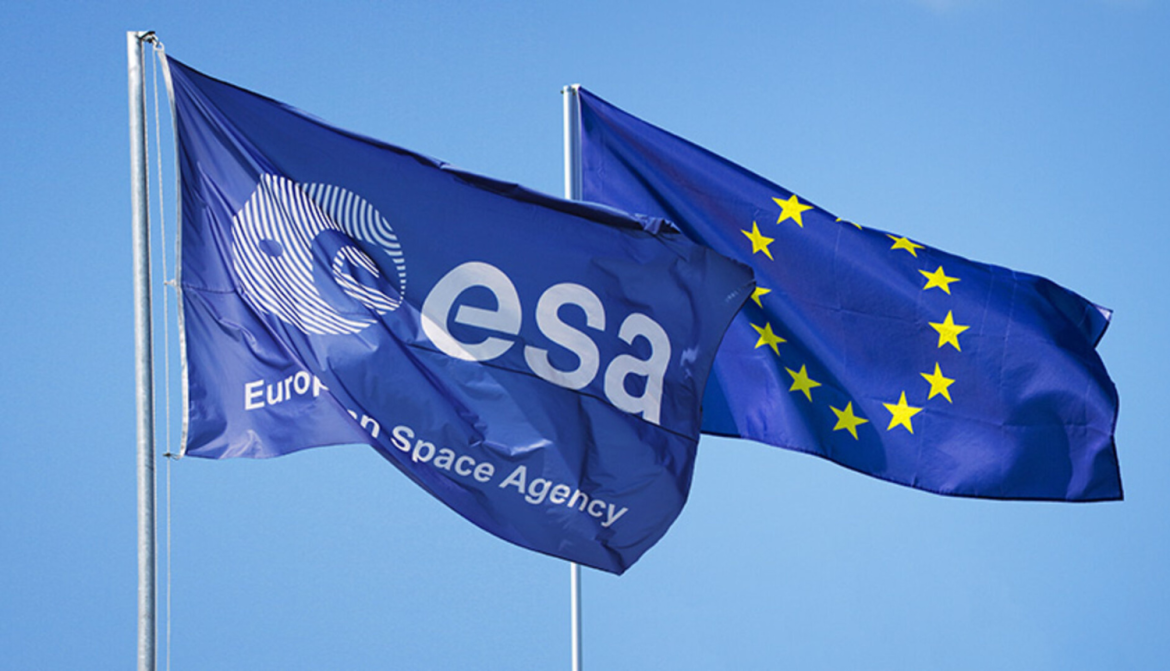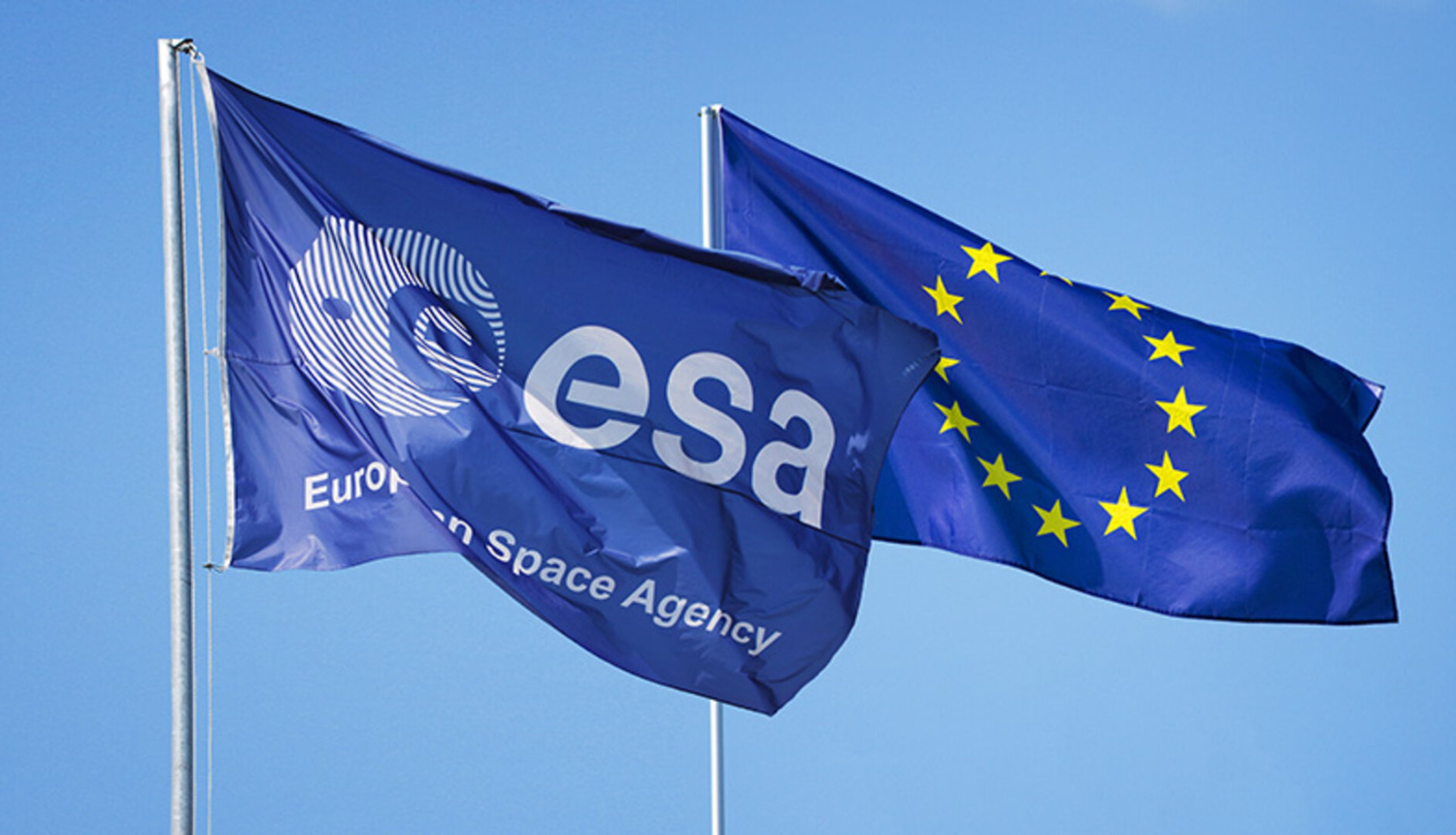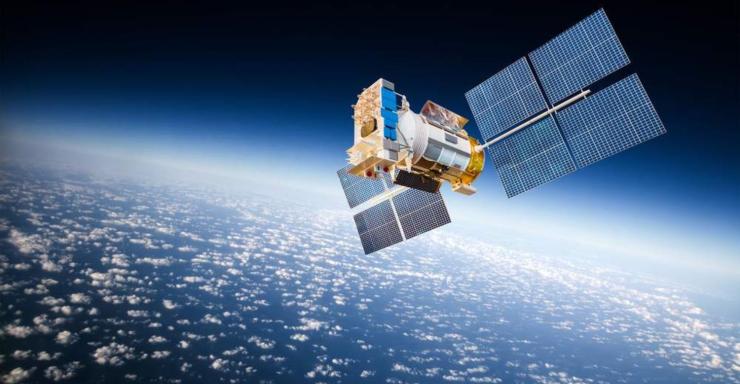Today, 25 June 2025, the government supported amendments proposed by the Ministry of Education and Science, which envisage an additional investment of 4.9 million euros in the European Space Agency (ESA) programmes. This funding will contribute to the development of Latvia's science and high-tech sector, promote the participation of businesses and research institutions in international projects and provide tangible economic benefits. At the same time, it will strengthen the potential for innovation and international cooperation, which are essential for ensuring Latvia's competitiveness and security. Together with the state budget co-financing, Latvia's contribution in 2026 will reach six million euros.

Since the summer of 2020, when Latvia became an ESA associate member state, a lot has been accomplished – more than 120 projects with a total value of 22.6 million euros have already been implemented, and 34 Latvian organisations, including businesses, scientific institutions and universities, have been involved in them. In turn, at the end of 2024, Latvia joined the ESA Business Incubation Centres Network, creating new opportunities for startups to develop space technology solutions with international potential.
State Secretary of the Ministry of Education and Science Jānis Paiders points out: “Space infrastructure is an essential prerequisite for the development, defence and security of a modern state, as well as the competitiveness. The close cooperation of the European Union countries, including Latvia, with the European Space Agency is strategically important to create a common long-term vision and strengthen our capabilities for the future.”
Latvia’s participation in ESA is also a strategic contribution to strengthening the country’s defence and security. Space technologies are becoming essential in modern security infrastructures, providing broad opportunities for military and civil protection. In the context of contemporary security challenges, space is becoming an increasingly important part of critical infrastructure in national defence and security. The EU is working on several space systems, such as:
- Earth observation intelligence with very high resolution and frequent repetition regardless of weather conditions;
- Secure satellite communications that exceed the capabilities of commercial systems;
- Precise positioning and time synchronisation that are resistant to interference and falsification.
Latvia's cooperation with the ESA covers both new technologies, practical developments of space data applications, and educational and scientific activities.
These technologies play a significant role in the operation of civil defence, transport, energy and infrastructure management systems, and their development is implemented by Latvia in close cooperation with the ESA and European Union partners.
Latvian companies and research institutions are actively involved in international space projects with high added value. For example, one of the Latvian companies is participating in the globally significant joint project of the National Aeronautics and Space Administration (NASA) and the ESA “Lunar Gateway”, and within its framework an innovative xenon filling compressor and thermal management system are being developed, which currently has no analogues in the world.
Meanwhile, Ventspils University of Applied Sciences, in cooperation with its spin-off VIRATEC, is working on technologies allowing Latvia to become part of the global space antenna network. This infrastructure will provide communication, tracking and telemetry services for lunar, long-range and defence missions. The revenue from these services is expected to reach three to four million euros per year.
At the same time, practical national services based on satellite data are being developed in cooperation with the ESA in Latvia. They provide direct benefits to both the state administration, companies and citizens. For example, monitoring of minerals (in cooperation with the State Environmental Service), lake quality assessment (Latvian Environmental Geology and Meteorology Centre), analysis of crop development (Rural Support Service), monitoring of illegal construction (Construction State Control Bureau), monitoring of vegetation changes in power lines (Sadales tīkls), publishing space data in the cloud (Zemnieku Saeima), etc.
Unified solutions for monitoring forests, agriculture, water quality, and infrastructure are being developed at the Baltic level, which will support effective and sustainable decision-making in the public sector.
According to a study by Oxford Economics, Latvia's investments in ESA programmes have already contributed approximately EUR 7.9 million to GDP and created a contribution equivalent to approximately 140 full-time jobs in one year.


